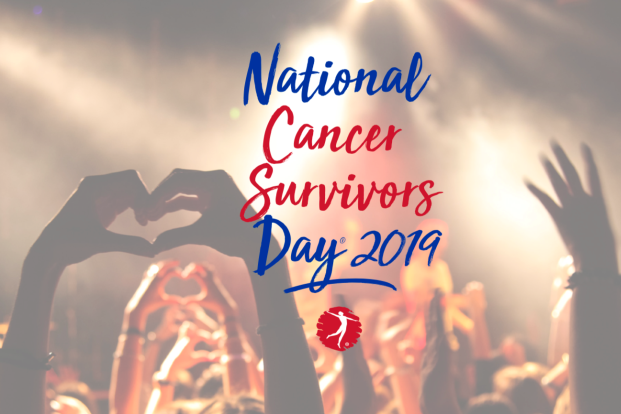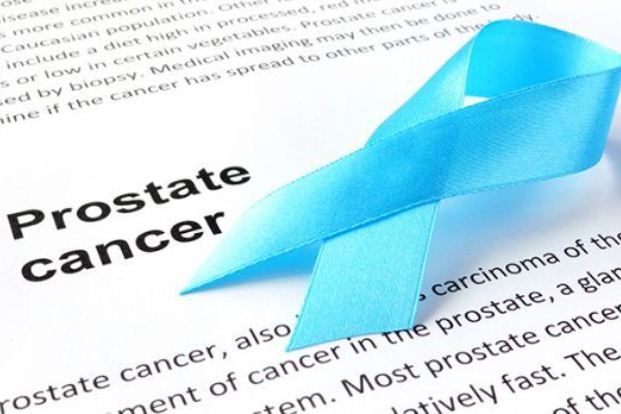Categories
- Bariatric Surgery (11)
- Black Fungus (5)
- Bone Marrow transplant (3)
- Brain Tumor Surgery Navigation Technology (20)
- Cardiac Surgery (66)
- Cardiology (97)
- Computer navigation technology for joint replacements (20)
- Covid Vaccination (17)
- Critical Care (2)
- Dental (19)
- Dermatology (31)
- Dialysis Support Group - “UTSAAH” (11)
- Dietitian (33)
- Emergency Medicine (4)
- Emotional Health (11)
- Endocrinology (33)
- ENT (20)
- Gastroenterology and GI Surgery (53)
- General and Laparoscopic Surgery (21)
- General Surgery (4)
- Gynecology & Obstetrics (183)
- Hematology (20)
- Internal Medicine (294)
- Kidney Transplant (50)
- Kidney Transplantation (20)
- Lung Cancer (8)
- Minimal Invasive Surgery (1)
- Mother & Child (20)
- mucormycosis (5)
- Nephrology (61)
- Neurology (147)
- Neurosurgery (68)
- Nutrition and Dietetics (107)
- Omicron Variant (1)
- Oncology (288)
- Ophthalmology (10)
- Orthopaedics & Joint Replacement (86)
- Paediatrics (59)
- Pediatric Nephrology (3)
- Physiotherapy (5)
- Plastic & Reconstructive Surgery (6)
- Psychiatry and Psychology (90)
- Psychologist (28)
- Pulmonology (72)
- Rheumatology (13)
- Spine Services (21)
- Transradial Angioplasty (16)
- Urology (84)
Query Form
Posted on Apr 19, 2022
Cancer survivors - Live Life like a Celebration
A cancer survivor is a person with cancer of any type who is still living. This also includes family, friends and voluntary caregivers who are affected by the diagnosis in any way. Other terms like alivers orthrivers, which put more emphasis on living as well as possible, despite limitations and disability.Many cancer survivors describe the process of living with and beating cancer as a life-changing experience.
Cancer and life Challenges:
Cancer survivors face different challenges like psychosocial, physical, etc in their life after they complete treatment. Most of cancer treatment is quite lengthy and full of challenges, patients experience difficulty in returning to normal daily life. The energy and patience required to cope with such rigorous cancer treatment, exhausts emotionally, financially and physically. There are tremendous implications that cancer has on the relationships that survivors have with their loved ones and social support plays a critical role in their long-term emotional adjustment. Cancer related fatigue may need extensive rehabilitation for mobility and function.

Cancer is a Psychological fight:
Most of survivors, even if the cancer has been permanently cured, struggle psychologically and emotionally from the trauma of having experienced a life-threatening disease. Cancer survivors suffer from more psychological distress than those who have never experienced cancer.They live in fear all the time and with any minor symptoms they become suspicious that the cancer has returned. Those who are depressed and anxious that their tumor will come back, do poorly than those who have positive attitude towards life. Even if they have been cured of their cancer, thought of cancer in their mind always persist in majority.
They need psychological counselling of themselves as well as of their family to expel cancer thoughts from their mind. They should be encouraged to start normal life as soon as possible. They should be active in their professional life as activities keep them occupied and prevent them from negative thinking. They should be shown the examples of celebrities, politicians, cricketers, etc who have fought with cancer and won the battle. Every bit of life should be enjoyed and oncologist, family as well as society has a bigger role to play. Symptom management, health promotion, specific attention to psychosocial needs, and surveillance for recurrence and specific late effects of treatment are helpful



